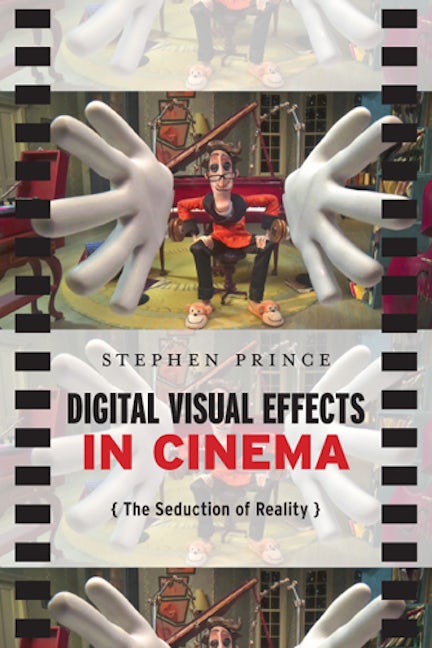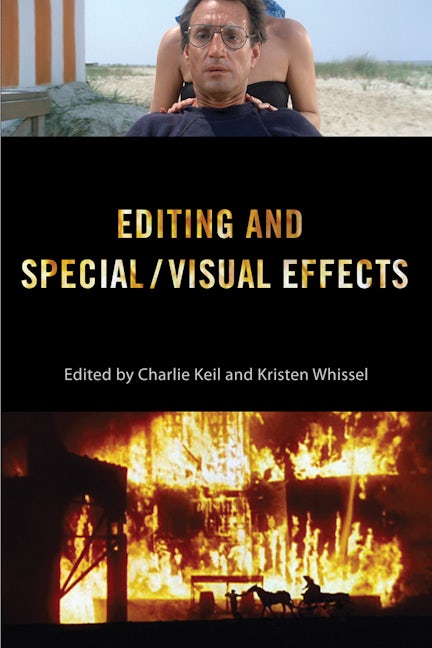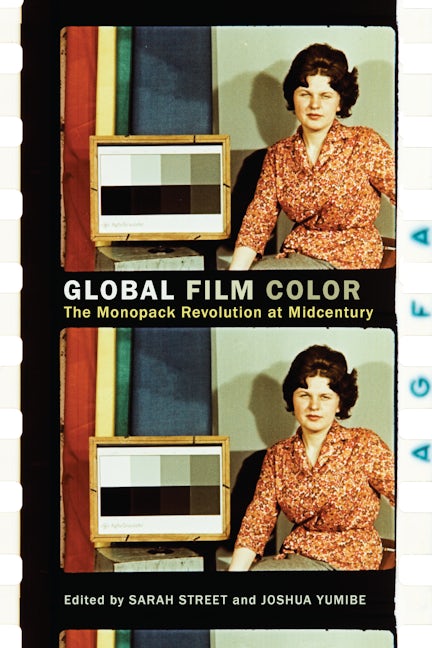How is the look of a film achieved? In
Art Direction and Production Design, six outstanding scholars survey the careers of notable art directors, the influence of specific design styles, the key roles played by particular studios and films in shaping the field, the effect of technological changes on production design, and the shifts in industrial modes of organization.
The craft’s purpose is to produce an overall pictorial “vision” for films, and in 1924 a group of designers formed the Cinemagundi Club—their skills encompassed set design, painting, decoration, construction, and budgeting. A few years later, in recognition of their contributions to filmmaking, the first Academy Awards for art direction were given, a clear indication of just how essential the oversight of production design had become to the so-called majors. The original essays presented in Art Direction and Production Design trace the trajectory from Thomas Edison’s primitive studio, the Black Maria, to the growth of the Hollywood “studio system,” to the influence of sound, to a discussion of the “auteur theory,” and to contemporary Hollywood in which computer-generated imagery has become common. By 2000, the Society of Motion Picture Art Directors became the Art Directors Guild, emphasizing the significance of the contributions of art direction and production design to filmmaking.
Art Direction and Production Design is a volume in the Behind the Silver Screen series—other titles in the series include Acting, Animation, Cinematography, Directing, Editing and Special/Visual Effects, Producers, Screenwriting, and Sound.












